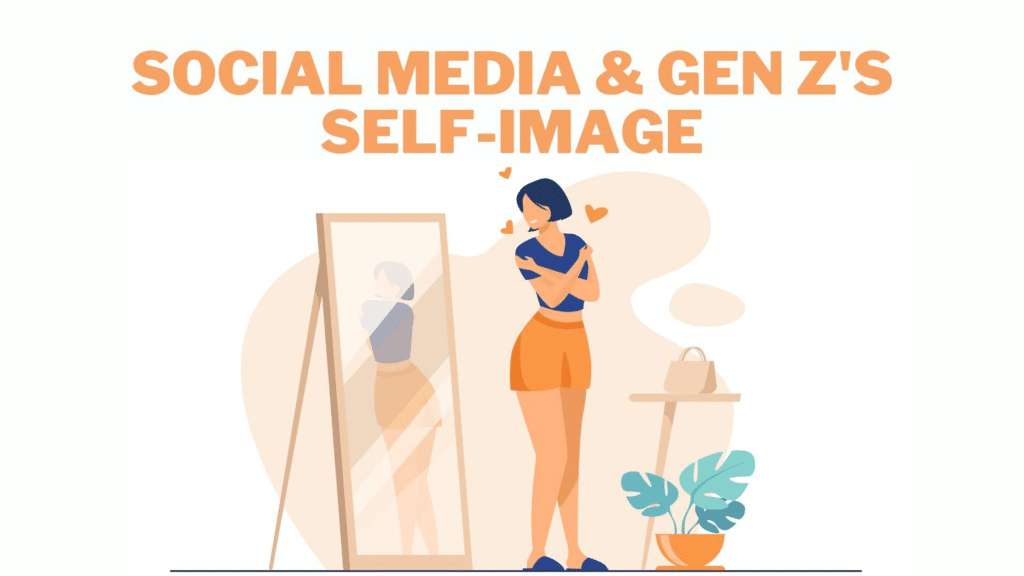Social media has become an integral part of Gen Z’s daily life, influencing nearly every aspect of their identity and self-perception. As the first generation to grow up with smartphones and social networks, Gen Z is more digitally connected than any previous generation. Platforms like Instagram, TikTok, and Snapchat serve not only as entertainment but also as spaces where they explore and express their identities. These platforms provide a unique environment where Gen Z can curate their online personas, experiment with different aspects of their identity, and seek validation from peers, all of which play a crucial role in how they see themselves and how they believe others see them.

One of the most significant ways social media shapes Gen Z’s identity is through the curation of personal brands. Gen Z users are acutely aware of how they present themselves online, often carefully selecting the content they share to reflect their desired image. This curation allows them to experiment with different facets of their identity, such as fashion, music taste, and even political views, in a public forum. While this can be empowering, allowing them to express themselves freely, it also places pressure on them to maintain a certain image, often leading to a disconnect between their online personas and their real-life selves.
Social media also plays a pivotal role in shaping Gen Z’s self-perception through the feedback loop of likes, comments, and shares. These metrics serve as a form of social validation, influencing how Gen Z feels about themselves. Positive reinforcement in the form of likes or supportive comments can boost self-esteem and reinforce the behaviour or image presented. Conversely, the lack of engagement or negative feedback can lead to self-doubt and anxiety. This constant feedback loop means that Gen Z’s self-worth is increasingly tied to their social media presence, which can be both uplifting and damaging.

Moreover, social media exposes Gen Z to a diverse range of lifestyles, opinions, and cultures, which can broaden their understanding of the world and themselves. By following influencers, activists, and peers from different backgrounds, Gen Z is able to learn about and engage with issues such as social justice, climate change, and mental health. This exposure helps shape their values and beliefs, often leading them to adopt a more inclusive and global perspective. However, this exposure also comes with the risk of comparison, where Gen Z individuals may feel inadequate when comparing themselves to the seemingly perfect lives of others online, leading to feelings of insecurity and inadequacy.
In conclusion, social media plays a multifaceted role in shaping Gen Z’s identity and self-perception. While it offers opportunities for self-expression, connection, and learning, it also introduces new pressures and challenges. The curation of online personas, the feedback loop of social validation, and the exposure to diverse perspectives all contribute to how Gen Z views themselves and their place in the world. As social media continues to evolve, so too will its impact on this generation, making it essential to understand and navigate its influence carefully.




